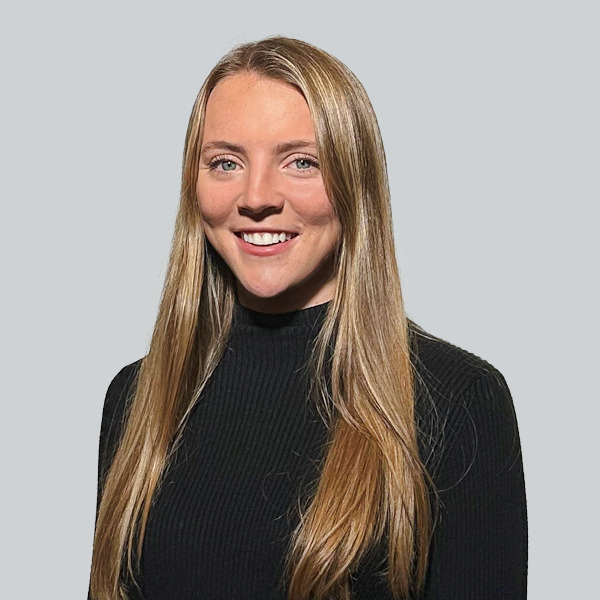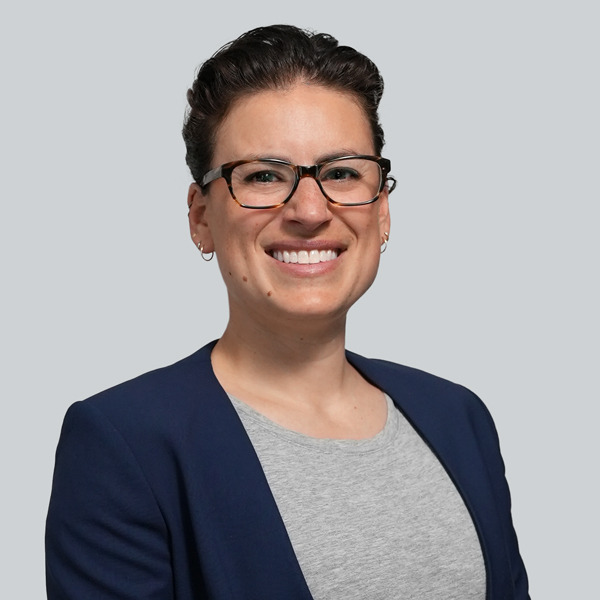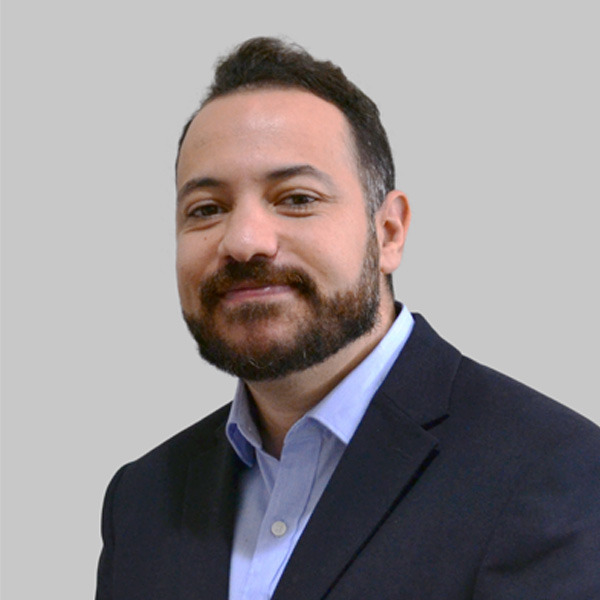Artificial Intelligence is reshaping everything—from business and healthcare to education—while transforming the backbone of our digital world: data centers. As AI’s processing power skyrockets, data centers are being pushed to their limits, driving massive changes in cooling strategies, energy demands, and infrastructure design.
In this episode, Julia Diaz and Mo Elsayed uncover AI's impact on these often-overlooked players—exploring how densification, liquid cooling, and sustainability challenges are forcing us to rethink not just these critical facilities, but the very systems that power them.
Featuring
Tully Mahoney, Storytelling Content Coordinator
With a background in Quantitative Economics, Tully brings a fresh perspective to Page's Storytelling team. She excels in simplifying complex ideas to make the architecture and engineering industry more accessible to a wider audience. As the host of Page’s Podcast, The Good Room, Tully dives into the narratives behind our built world and the minds that shape it. The podcast serves as her platform to help demystify the intricacies of design.
Julia Diaz, Associate, Mechanical Engineer
Julia Diaz is a mechanical engineer specializing in HVAC and a background in building energy efficiency. She spent seven years at Meta (Facebook), optimizing the efficiency of operating data centers, focusing on integrating the building conditioning and server systems and leading a project that facilitated eliminating a trim cooling system across the entire Meta data center portfolio. Before data centers, Julia spent many years optimizing new and existing commercial buildings to consume less energy and improve performance across various market sectors. Julia began her career designing airplane climate control and pressurization systems.
Mo Elsayed, Senior Associate, Senior Building Performance and AI Analyst
As a Senior Building Performance and AI Analyst, he works on the integration of emerging technologies into sustainable building practices. He specializes in using AI and machine learning to enhance building performance, focusing on energy efficiency, decarbonization, and net-zero strategies. With a proven track record of publishing cutting-edge research and innovations in the fields of autonomous systems, advanced computational modeling, and sustainable design. His work bridges the gap between research and industry, driving forward the adoption of new technologies and ensuring that projects meet both current and future challenges. As a thought leader in the industry, he brings a wealth of expertise to his team, from delivering exceptional results on high-profile projects to developing new methodologies that push the boundaries of what is possible in the built environment.




